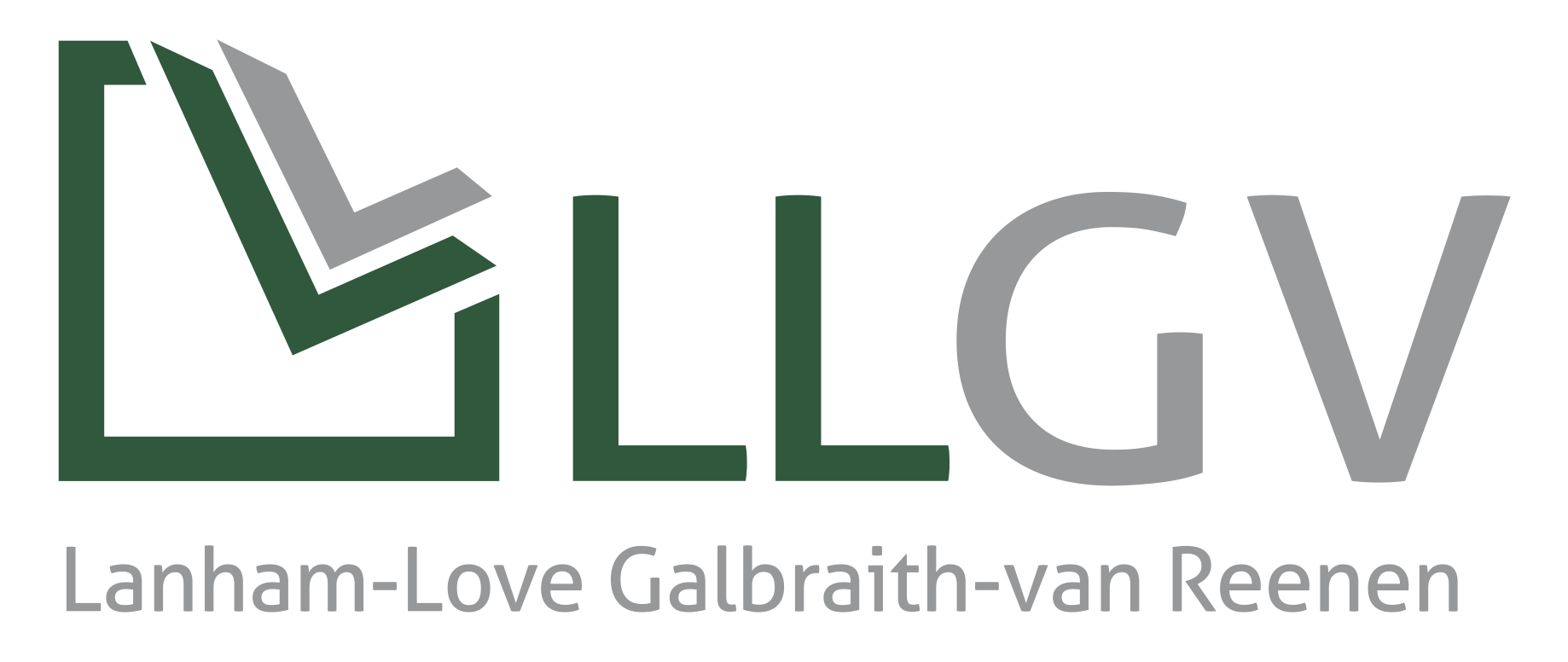-
Introduction
It is common in legal corporate and commercial practice for a client to seek advice on the sale or purchase of what may generically be referred to as a “business”. To a layman client the concept may appear simple – “Mrs. X owns “Brilliant Grocers”, a successful grocery store down the road, and I want to buy it from her.” Or alternatively, “I own “Brilliant Grocers”, a successful grocery store down the road, and I want to sell it to Mr.Y.” Conversely, however, the sale and purchase of a “business” can often be complicated. It requires a careful analysis of the structure forming part of that business, which is pivotal in determining the form and manner of the sale and purchase.
A common form of business structure is a company. A company is a separate legal entity which houses the business operations and owns the assets forming part of the business. In order to ensure that he/she has control over the company and derives a financial benefit, the incorporator of the company will acquire shares in the company. This structure is therefore considered the “business” of the incorporator.
Where the incorporator wishes to sell such “business”, he/she may either sell their shares in the company, or they may resolve that the company sell the operating business. In terms of the former, the incorporator and the purchaser will enter into a sale of shares agreement whereby the incorporator will sell his/her shares in the company against payment of a consideration. In terms of the latter, the company and the purchaser will enter into a sale of business agreement whereby the company will sell the business against the payment of a consideration.
Although a sale of business will result in the company being paid the purchase consideration, the incorporator may be entitled to participate in such profit, usually in the form of a dividend paid to the incorporator as a shareholder. The question, therefore, posed to both the seller and the purchaser, is whether they wish to sell/purchase the shares or the operating business.
The Basics of a Sale of Shares
In order to acquire proprietary interest in a company, one must acquire shares in such company. Shares are a bundle of intangible property rights which shareholders receive from the company in return for their contribution of cash or non-cash assets to the company.[1] A share entitles its holder to indirect control of the company and the right to participate in the profits of the company.[2] A sale of shares, therefore, constitutes a sale of such intangible property rights by the shareholder to the purchaser against payment of a consideration.
The Basics of a Sale of Business
A sale of business agreement constitutes a company, as the seller, disposing of its business, usually as a going concern, to the purchaser, in return for a consideration of some form.[3] The term “going concern” simply means a whole or part of the business that is capable of generating income.[4] Notwithstanding that the business as an operating entity is being sold, the sale involves the separate legal transfer of each type of asset constituting the business.[5] Such assets generally include immovable property, fixed assets, intellectual property, goodwill, know-how, incorporeal rights, debts and stock.[6] The effect of a sale of business is such that the company as a legal entity remains and only those assets which were not sold, if any, remain in such company.
Comparison Table
A sale of shares and a sale of business may be simply illustrated in the following table:
Subject Selling Shares Selling Business Ownership of the Company Ownership of the company will change. The purchaser will now own the company by virtue of their newly acquired shareholding in the Company. Ownership of the company remains unchanged. The incorporator will still hold all of the shares in the company however, such company will no longer consist of the operating business. Ownership of the Business/Assets The business/assets will remain under the ownership of the Company. The business/assets will be transferred to the purchaser. Liabilities The purchaser will assume all of the assets and the liabilities pertaining to the Company. The purchaser may exclude certain liabilities relating to the business. If the purchaser does assume certain liabilities, this usually results in a reduction of the purchase price. Business Contracts The contracts will remain with the company and do not need to be transferred. The contracts will need to be transferred to the purchaser by virtue of the company ceding and assigning such agreements to the purchaser. Employees As the employer of the employees (the company) remains unchanged, the employees will remain employees of the company. As the employees form part of the business (as a going concern) such employees will need to be transferred to the purchaser as the new employer. Perspective of the Seller and the Purchaser
The motivation for the sale and purchase of shares or a business is often driven by tax considerations, which considerations fall outside of the scope of this article. Practically, however, it is preferable for a seller to sell their shares and for a purchaser to purchase the business. In respect of the former, by selling its shares, the seller completely exits the Company. This is advantageous as it will not be left with a company that has no operating business and may still consist of liabilities, which will be the case if it elects to sell the business instead. Conversely, in respect of the latter, it is preferable for a purchaser to purchase the business as they can essentially pick and choose which assets and liabilities they wish to purchase, as opposed to acquiring all of the assets and liabilities of the company which will be the case if they elect to purchase the shares as opposed to the business.
Author: Darren Anderson
Position: Senior Associate
The difference between a sale of shares and a sale of business

BACK TO BLOG INDEX
